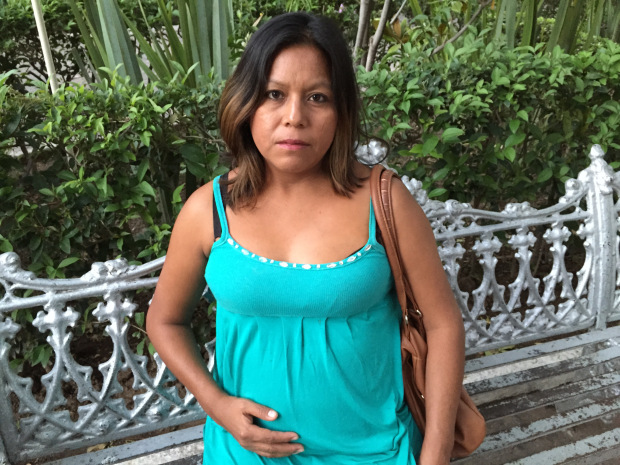After countries such as India and Thailand restricted the “rent-a-womb” option for foreigners, Mexico is emerging as the next niche for surrogate reproduction, and the Mexican Congress is taking steps to prevent it.
Mexico has become the newest international hotspot for surrogacy as infertile couples from around the world are flocking to the country to ‘rent a womb’.
But while some leave with the baby they long desired, media investigations revealed that others risk placing the ownership of their child in question due to lax enforcement of contracts between parents and surrogates.
The Unreported World programme of UK Channel 4 also spoke to women who volunteered to be surrogates because they were so desperate for money, only to be neglected during their pregnancies and left emotionally scarred if the pregnancy failed.
Mendiola, a single mother raising four boys in the Mexican state of Aguascalientes, said that she agreed to be a surrogate for a single man from the U.S. as she needed the money to support her family.

Mexican surrogate mother Alejandra Mendiola says she wasn{t told her foreign client was HIV positive. (PHOTO: metro.co.uk)
Mexican law states surrogate mothers can’t be paid directly – but there are ways around this – and surrogates can often pocket $10,000 USD. It would take the Mexican women who volunteer their services years to earn this kind of money in menial work.
The allure of the windfall led Mendiola to register with U.S based company Surrogacy Beyond Borders, but she said she wasn’t given the full facts about the man whose baby she would carry before an embryo fertilised with his sperm was implanted in her womb.
“The father, the donor, is infected with HIV and I didn’t know. I found out only three weeks ago,” she said six months into the pregnancy.
Currently, only the states of Tabasco and Sinaloa have laws recognizing surrogate maternity, and there are legal loopholes in the legislation.
The Mexican Senate has passed a bill to amend the Health Act with the intention of regulating surrogate maternity.
The bill, still pending approval in the lower house of Congress, aims to make surrogate maternity accessible only to Mexican citizens and as a non-profit practice.
The proposal also makes surrogate pregnancy possible “only under strict medical prescriptions” for married couples with fertility problems, excluding same-sex couples and singles.
Mexico “doesn’t want to became the next reproductive tourism hot spot on the international scene” after restrictions in Asian countries sent people seeking surrogate mothers abroad, “tilting the international market toward Tabasco,” Marcelo Bartolini, an attorney for the Early Institute, told EFE.
Renting a womb in Mexico is three times cheaper than in the neighboring United States.
Costs for the biological parents range from 500,000 to 700,000 pesos (between $28,000 and $39,000 USD), to which must added all the health-care costs incurred by the woman carrying the baby all the way to labor, Ivan Davydov, legal counsel for Care Surrogacy Center Mexico, told EFE.
The woman in whose womb the embryo is implanted gets between 150,000 and 270,000 pesos ($8,400 to $15,000 USD), which is “not enough compensation,” Davydov said.
In response to critics who argue that surrogate maternity takes advantage of low-income women in dire economic situations, Davydov said that women “who live in extreme poverty cannot be candidates.”
The potential womb-for-rent candidate is a woman between 25 and 35 who has had her own children and has not been pregnant for 365 days before the new gestation.
Sources:

